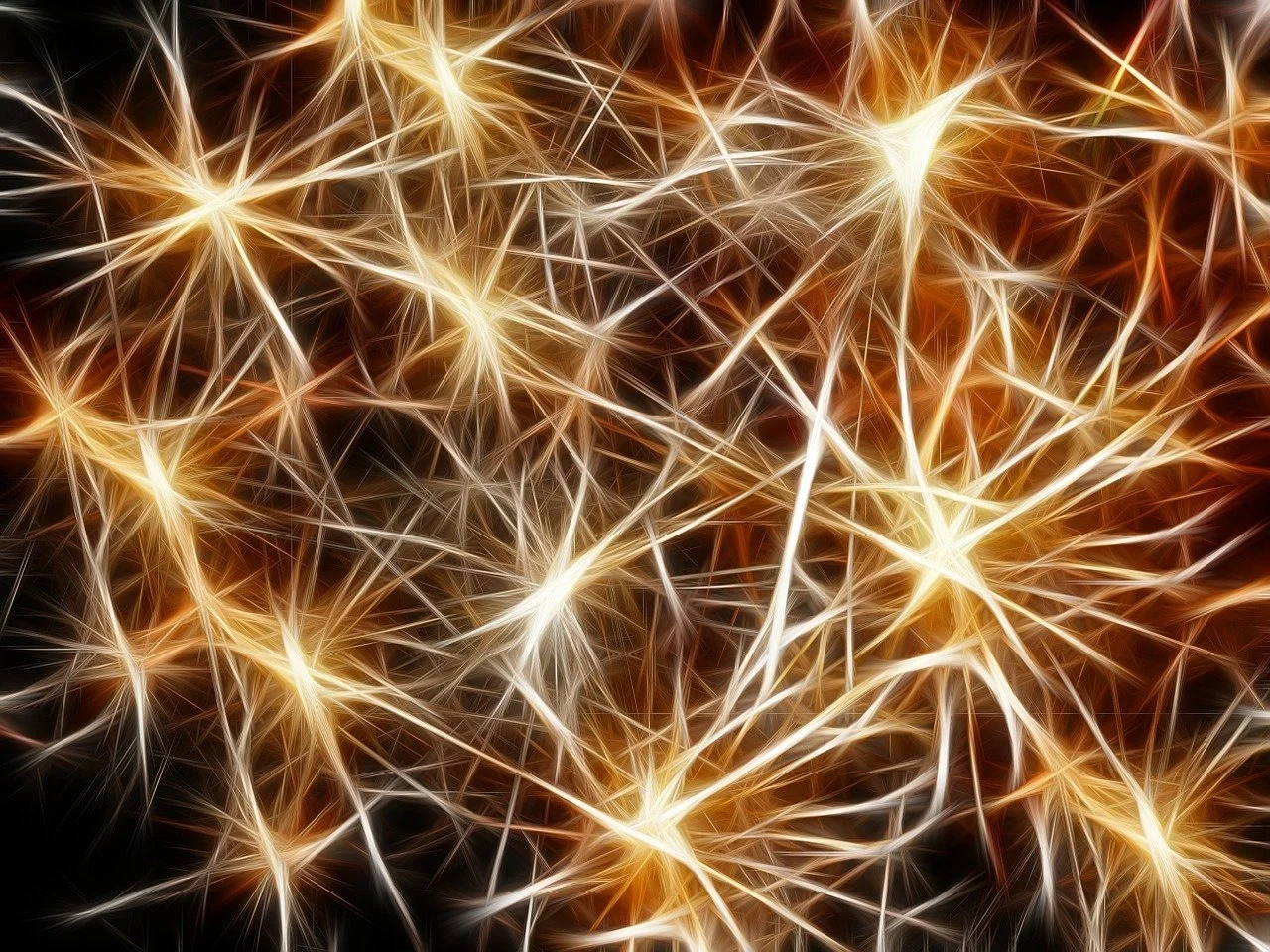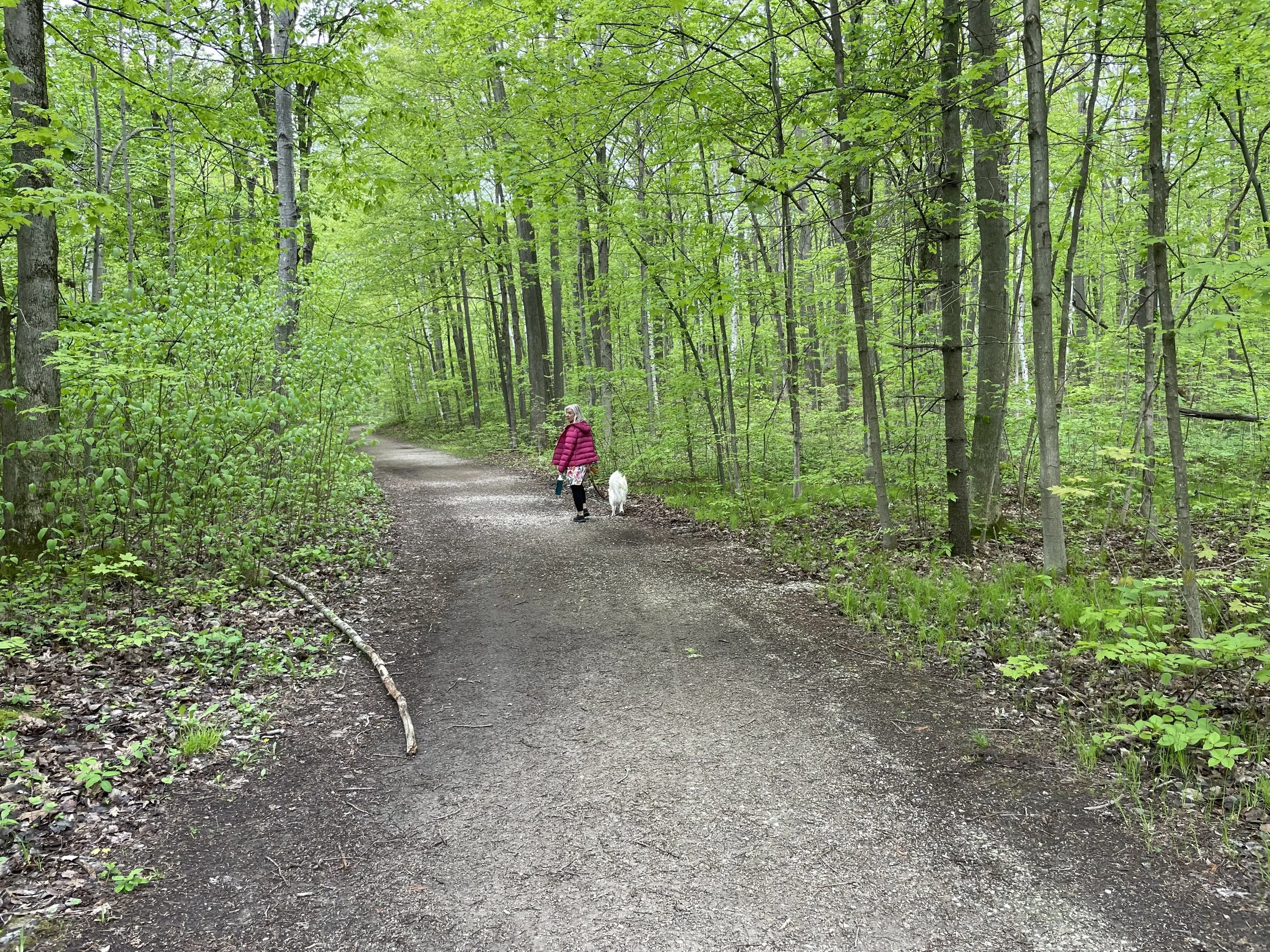Curious but Cautious: an Invitation to Learn About sacred medicines
Transcendence. Altered states of consciousness. Awakening the hidden places within us.
These experiences are not limited to monasteries, mountain tops, or decades on the meditation cushion. In fact, we can access deep states of awareness through a number of practices—yoga, breath work, conscious movement, fascia release, meditation. Each of these can peel back the veil between the conscious mind and the unconscious material that shapes our lives from the shadows.
Sacred plant medicines are another path. For some, a more direct one.
Carl Jung famously said, “Until you make the unconscious conscious, it will direct your life and you will call it fate.”
Psychedelic therapy, when practiced skillfully and ethically, can offer a powerful route to making the unconscious conscious. It's not a shortcut, but it can be a more accelerated and embodied path to the same insights that other modalities take years to reach.
And while this work isn't for everyone, when it's a fit—it can be life-changing.
Let me be clear: there is nothing casual about entering into a relationship with plant medicines for healing. It requires discernment, rigorous screening, and a safe, solid container with preparation and integration. But for some, it can open doors long closed, and invite the self back home.
If you’re feeling curious—but also a little apprehensive—about psychedelic facilitation using sacred medicines, you’re not alone.
Many of my clients arrive at this threshold with a spark of interest tangled up with hesitation. You may have heard compelling success stories—about breakthroughs, deep healing, relief after decades of stuckness. And yet, years of messaging have likely taught you that psychedelics are dangerous, illegal, or simply not for “people like you.” You might be wondering: Is this safe? Is this legal? Is this right for me?
These are exactly the right questions to be asking.
Let’s explore together—gently, and with as much clarity as I can offer.
What the Experts Are Saying
Neural connections
Stanford neuroscientist Dr. Andrew Huberman has done one of the most thorough breakdowns of MDMA I’ve come across. In his podcast episode “The Science of MDMA,” he gets into the details—how it affects the brain, where it supports healing, and what to consider around safety and therapeutic use. It’s a smart and balanced look at the neurobiology behind the experience. (It’s a 2 hour deep dive!)
Then there’s Dr. Bessel van der Kolk, author of The Body Keeps the Score—a name many of you will recognize if you’ve been on a trauma healing journey. He’s a vocal advocate for MDMA-assisted therapy and has participated in research through MAPS (Multidisciplinary Association for Psychedelic Studies). He’s called MDMA “one of the most promising tools we have” for healing trauma—particularly when combined with therapy grounded in safety and skill.
Together, these experts offer a bridge between science and lived experience—between the brain and the body, the lab and the therapy room.
A New Chapter in Mental Health
Here is Bessel van der Kolk’s 2023 Vox article about how MDMA is being used in clinical trials to treat PTSD, especially in cases where traditional therapies haven’t worked. It’s not just about taking the medicine. The real change comes from the combination of MDMA and deep inner work—the medicine opens a window, but it’s what you do inside that space and after, that matters most.
MDMA induces a state of heightened neuroplasticity, compassion, and emotional openness that allows trauma to be revisited without being re-lived. This opens what researchers call a critical period of metaplasticity—a window of up to two weeks when the brain is especially receptive to change. For those whose nervous systems have long been stuck in shutdown or chronic fight-or-flight, this window can be profoundly healing—but only if it's met with the right support. Integration during this time is essential; it’s when new insights can be anchored into lasting transformation. It’s not magic. But it can feel miraculous.
Dr. Richard C. Schwartz, founder of Internal Family Systems (IFS) therapy, believes that plant medicines like psilocybin and ayahuasca can enhance access to the core Self—a place of healing, clarity, and compassion. He sees psychedelics as powerful allies for gently softening protective parts and supporting deep trauma work when used with care and proper support.
Why We're Still Afraid
It’s not just your rational mind that has concerns—your nervous system does too. And that’s not an accident.
In the 1980s, the U.S. government’s sweeping War on Drugs campaign flooded the airwaves with fear-based messaging. One particularly haunting image—a frying egg—became the poster child for an era. “This is your brain on drugs.” Never mind the nuance. Never mind the research.
What many people don’t know is that just as psychedelics were being studied for their therapeutic potential, those studies were shut down. promising early results were buried under political agendas and cultural fear.
Thankfully, the tide is turning. MAPS has published a thorough timeline of psychedelic research and its suppression if you’d like to dive deeper.
What Psychedelic facilitation Actually Looks Like
This is not about tripping with your friends at a rave or being wowed by kaleidoscope images.
Psychedelic-assisted facilitation—when practiced responsibly with reverence—is a carefully held process involving:
Preparation: Building safety, understanding your history, clarifying your intention, cultivating somatic awareness. This is not optional. It is the foundation.
Medicine Session: Ingesting the plant medicine in a safe, supported, protected setting, with trained guides or therapists who remain present throughout. Music, therapeutic touch, movement, art therapy.
Integration: Making meaning of your experience. This is where real change takes root—bringing insights back into everyday life with care and support.
Michael Pollan’s series offers an comprehensive,accessible, thoughtful look into how psychedelics are reshaping modern mental health care.
Watch: How to Change Your Mind with Michael Pollan on Netflix
Gabor Maté explains how plant medicines, when used with the right guidance, can help bring forth the deeper, truer parts of ourselves and support the healing of trauma. He talks about there being “ No such thing as a bad trip”.
Voices from the Inside
Sometimes, hearing directly from people who’ve done the work speaks louder than any study.
A moving, grounded conversation with real people who’ve experienced transformation through psychedelic therapy. Even Oprah is having this conversation!
An honest portrayal of one woman’s experience with psilocybin helping her deal with her cancer diagnosis and facing mortality.
If You’re Still Wondering
You don’t need to be certain. You don’t need to know today. And this is not the right path for everyone.
But if something in you is curious—if a part of you has been whispering, “Maybe there’s more to healing than I thought”—then that part deserves your attention.
Whether you’re healing trauma, navigating depression or anxiety, or simply seeking a deeper relationship with yourself, this path is one of many. But it might be the one that finally helps you turn toward what’s been asking for your care.
If you’re ready, I’m here to walk alongside you—with transparency, integrity, and respect for your timing.





